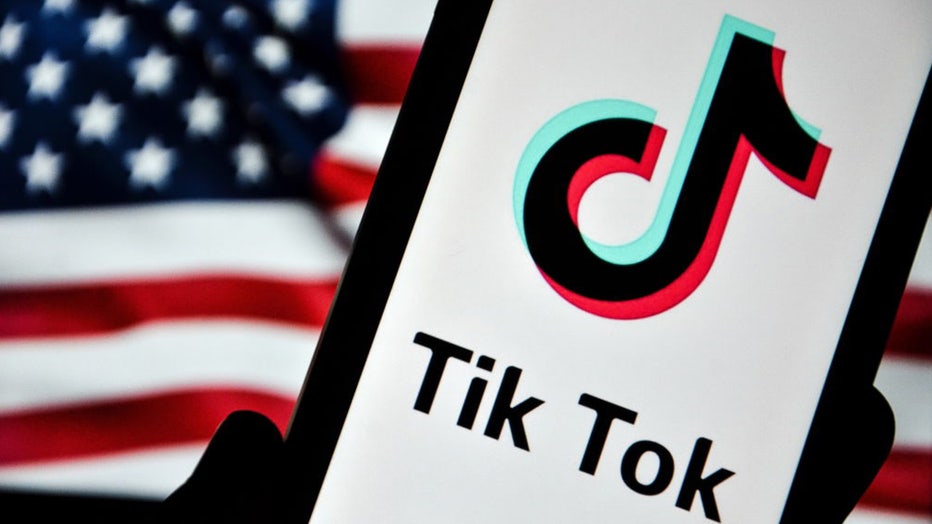TikTok asks SCOTUS to block potential US ban
Why US is considering banning TikTok
The United States is considering banning TikTok, a popular mobile app, as well as several other Chinese social media apps.
TikTok asked the Supreme Court to block a federal law that would ban the popular app in the United States unless its parent company agrees to sell it by next month.
"A modest delay in enforcing the Act will create breathing room for this Court to conduct an orderly review and the new Administration to evaluate this matter — before this vital channel for Americans to communicate with their fellow citizens and the world is closed," lawyers for ByteDance (TikTok’s parent company) and TikTok told the Supreme Court on Monday.
On Friday, a panel of federal judges on the U.S. Court of Appeals for the District of Columbia Circuit denied an emergency plea to block the law, a procedural ruling that allowed the case to move to the Supreme Court.

Jan. 19, 2025 deadline
Lawyers for the company and China-based ByteDance urged the justices to step in before the law's Jan. 19 deadline. A similar plea was filed by content creators who rely on the platform for income and some of TikTok's more than 170 million users in the U.S.
The companies have said that a shutdown lasting just a month would cause TikTok to lose about a third of its daily users in the U.S. and significant advertising revenue.
The case could attract the court's interest because it pits free speech rights against the government's stated aims of protecting national security, while raising novel issues about social media platforms.
The request first goes to Chief Justice John Roberts, who oversees emergency appeals from courts in the nation's capital. He almost certainly will seek input from all nine justices.
What can SCOTUS do?
Without a court-ordered freeze, the law would take effect Jan. 19 and expose app stores that offer TikTok and internet hosting services that support it to potential fines.
It would be up to the Justice Department to enforce the law, investigating possible violations and seeking sanctions. But lawyers for TikTok and ByteDance have argued that President-elect Donald Trump's Justice Department might pause enforcement or otherwise seek to mitigate the law's most severe consequences.
The Supreme Court could temporarily put the law on hold so that the justices can give fuller consideration to First Amendment and other issues. They also could quickly schedule arguments and try to render a decision by Jan. 19.
On the other hand, the high court could reject the emergency appeal, which would allow the law to take effect as scheduled.
With that last prospect in mind, the companies' lawyers asked for a ruling on their emergency request by Jan. 6 because they'd need the time "to coordinate with their service providers to perform the complex task of shutting down the TikTok platform only in the United States."
Why is TikTok facing a ban?
The statute, which was signed by President Joe Biden earlier this year, requires ByteDance to sell TikTok to an approved buyer due to national security concerns or face a ban in the U.S.
The U.S. has said it sees TikTok as a national security risk because ByteDance could be coerced by Chinese authorities to hand over U.S. user data or manipulate content on the platform for Beijing’s interests. TikTok has denied those claims and has argued that the government’s case rests on hypothetical future risks instead of proven facts.

